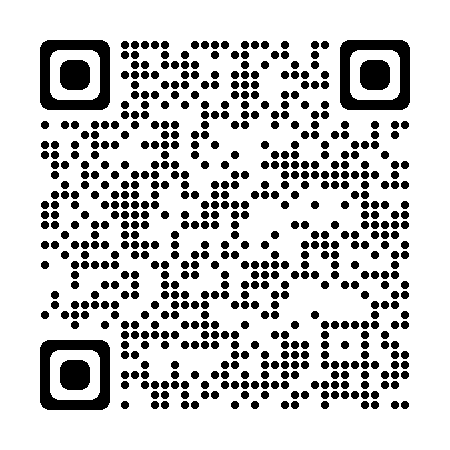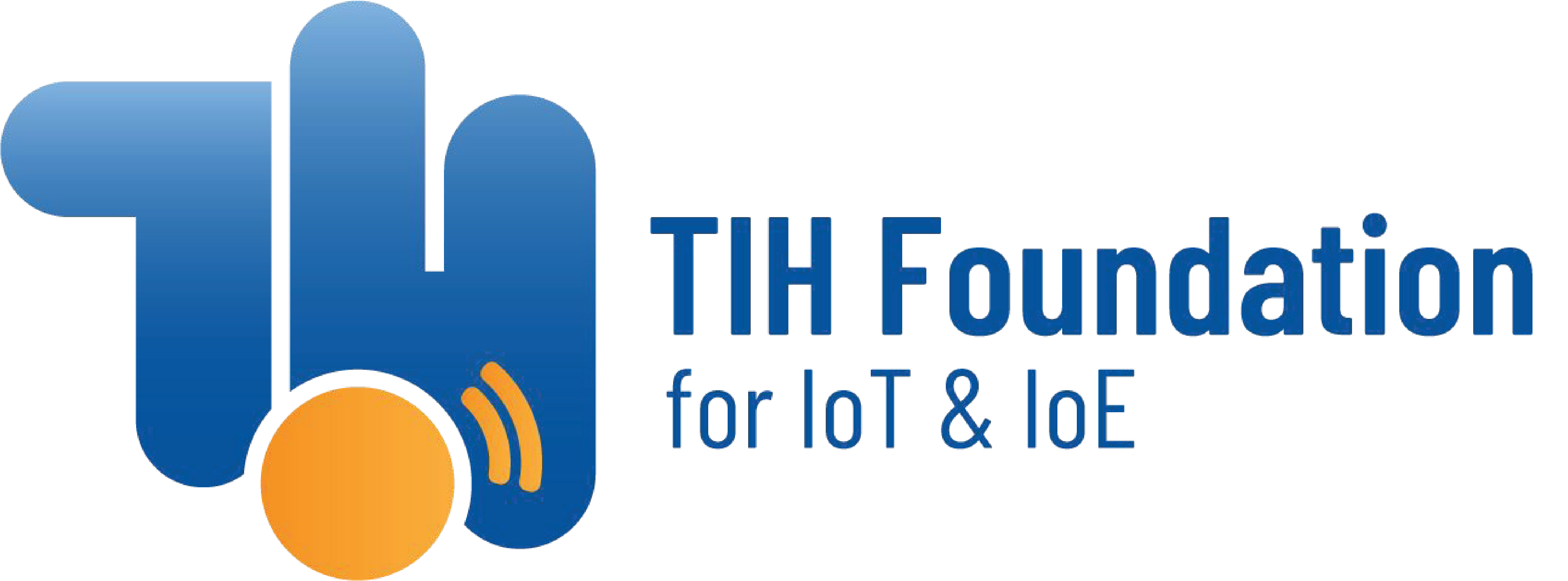Technology Development Program (7) Marine IoT
Technology Development Program
Call for Proposal in Core IoT Technologies
- In order to foster R&D, and address challenging problems along with identified gaps in the domain of IoT and IoE, the technology development of TIH-IoT seeks proposals on application-oriented technologies. We encourage cutting edge deep tech technology development.
- As maritime operations become increasingly interconnected and data-driven, the role of the Internet of Things (IoT) is becoming pivotal in supporting this evolution. The present call for proposal on “Marine IoT” is announced to cover a comprehensive set of topics, from autonomous shipping, marine robotics and IoT-enabled maritime communications to maritime cybersecurity and marine environment sensing. Marine environment monitoring has attracted more and more attention due to the growing concern about climate change. During the past couple of decades, advanced information and communication technologies have been applied to the development of various marine environment monitoring systems. Among others, the Internet of Things (IoT) has been playing an important role in this area.
- While the design, development, and deployment of an IoT-based marine environment monitoring and protection system is needed to address some critical issues including autonomy, adaptability, scalability, simplicity, and self-healing following requirements specific to the harsh marine environments should be considered:
Proposals are invited from researchers from Start-ups, Industry, Centre and Academia (subject to satisfying the category mentioned under guidelines) for the execution of projects on the following problem statements:
- Develop a compact, energy-efficient underwater sensor network for real-time monitoring of oceanographic data, such as temperature, salinity, and pressure, to enhance our understanding of marine ecosystems: The sensor network could be a combination of static and mobile nodes. Key technological challenges include: Reliable data transmission from underwater sensors; Low energy consumption; Coordinated operations; Compact size; Low cost. The proposed solution should be an advancement over existing tools/ instrumentation, and/or enhance indigenous content of hardware.
- Design an autonomous underwater drone with advanced machine learning capabilities to identify and track marine life, aiding in ecological research and conservation efforts: The AUV envisioned is very small (maybe 1 to 5 kg) and agile. Endurance could be about two hours. Depth rating for shallow waters (about 50 metres). The key technology would be use of AI/ ML to track moving objects in the water, possibly using optical means. Visibility may be augmented by the AUV’s own light(s). Desirable features: Provide a live visual feed to the surface, enabling real-time (from the human control) selection / deselection of the moving objects being tracked.
- Create a robust, long-endurance underwater communication system using novel techniques like acoustic modems or underwater optical communication, enabling improved data transmission in challenging aquatic environments: This challenge is aimed to indigenously develop hardware for underwater communication. It could be a Doppler Velocity Log, an acoustic modem, or a USBL solution. Exploratory (experimental) studies for non-acoustic techniques for underwater communication may also be demonstrated. Efficient/ novel/ indigenous solutions for combining acoustic (underwater) data transmission with RF transmission (from water surface) may also be developed. Efficient communication equipment & protocols between multiple AUVs could also be developed and demonstrated.
- Engineer a swarm of collaborative underwater robots capable of performing complex tasks, such as underwater infrastructure inspection or deep-sea exploration, by leveraging distributed sensing and coordination algorithms: The Focus of this problem would be to demonstrate communication and coordination between submerged AUVs (at least four at a time).The AUV’s may be existing/COTS/loaned or could even be made available. The challenge would be to implement solutions to communicate acoustically and undertake coordinated manoeuvres.
- Investigate and implement energy harvesting solutions, such as underwater solar or kinetic energy capture, to power autonomous underwater vehicles, extending their operational range and reducing the need for frequent battery replacements: Utilise renewable energy from wind/ waves/ sunlight/ salt water / other means to recharge batteries of AUVs. There could be intermediate solutions such as charging a (stationary/ fixed) energy reservoir, which could then be used by AUVs to dock and recharge. Innovative solutions for underwater docking and recharging could be developed and demonstrated. The project proposal could be for any specific aspect for the general problem statement.
- Apply sensor fusion concepts to develop a compact, pressure-rated (300 meters), hybrid acoustic-inertial navigation sensor that can provide turnkey solution for guidance and navigation information for AUVs and ROVs: This challenge is focused on developing a sensors that for providing positional information of a submerged AUV, moving at slow speeds. Indigenisation of COTS Inertial Measurement Unit and/ or Doppler Velocity Log would be encouraged. Fitment on suitable platform(s) for testing would be facilitated. The project should culminate in indigenous hardware development with maturity for series production.
The above project can demonstrate the deliverables on a specific use-case with the possibility of extending to other applications/use-cases.
General Guidelines:-
- The outcome of your proposal should be a product or (at least) a prototype that is demonstrated in water.
- Series of trials to progressively demonstrate the efficacy of the product should form the bulk of the proposed time and effort
Trials at water bodies would be facilitated and only travel costs (within India) need to be included towards testing efforts - Expected duration of any project is six to eight months, focused on rapid prototyping and demonstrations. Subsequent/ follow-on projects would be considered thereafter
- The general problem statements can be broken down / modified to specific deliverables to fit within the project duration specified
- Performance parameters aimed are not sacrosanct, and promising work would be funded for further development
- It is expected that work already done by your firm/ agency should be taken further, advancing technology, rather than providing an existing product
- Indigenous development of alternatives to any imported hardware components for underwater application (even other than these problem statements), would be given highest priority
- Use of open-source software toolboxes/ resources to facilitate/ demonstrate your product / solution is welcome.
How to Apply
- The application must be submitted only through the application form.
- 1. The proposal can be submitted by researchers from Startup, Industry, Centre, and/or Academia under any of the following categories:
- a) Project Leader (PL) on behalf of Industry/Startup/Centre individually or in collaboration with other researchers (including Academia)
- b) Principal Investigator (PI) from Academia in collaboration with Industry/Startup
- 2. The guidelines for qualification for academia and industry/startup is as follows:
- a) Academia: Research Institute, Labs, University with a well-established support system for research. The institute should have been established in India and have NAAC/UGC/AICTE or any equivalent recognition certificate or any other Public/ Government supported organization.
- b) Industry/Startup: Company (Startup, Small, Medium or Large)/LLP incorporated under the Indian Companies Act, 1956/2013 or under the Limited Liability Partnership Act, 2008.
- 3. The Principal Investigator/ Project Leader shall be responsible for the technical and managerial aspects of the project execution.
- 4. Applicants can submit applications for more than one proposal for different sub projects categories. Please fill a separate application form for each proposal
- 5. Project proposal has to be submitted in the prescribed format given here Project Proposal Format (Download the word format and upload as PDF).
- 6. Milestones and Budget has to be submitted in the prescribed format given here Milestone & Budget (Download the Excel format and upload as XLS).
- 7. Upload a short 2 minute video with a visualisation of the technology or product with a use case. Proposed methodology to address problem statement should be well defined in the video.
- 8. The application must be submitted only through the application form - link given below:
- 9. The applicant from Academia (PI) must submit an Endorsement Letter of support as per the prescribed format given here Format (Download the word format and upload as PDF).
- 10. The applicant from Industry (PL) must submit an Endorsement Letter as per the prescribed format given here Format (Download the word format and upload as PDF).
- 11. Applicants with collaborators from Academia and Industry must submit NOC Letters (if applicable) is the prescribed Format from all the participating entities if asked later
- 12. Startups and Industry have to submit their registration information and certificate.
Terms and Conditions applied
Apply Now
Or Scan the code

Last date to apply: 19 Feb 2024 | 06:00 PM IST.
Support
- Project grant up to Rs 1 Crore for a duration of 6-12 months.
- Opportunity for follow-on funding.
Disclaimer
The support under the program will be provided based on the review of project proposals submitted. The decision of TIH-IoT in this regard will be final and binding.
Only shortlisted applicants will be notified/informed through email.
For any queries related to the application process please write to us at techdevelopment@tihiitb.org Or call 022-21593536
